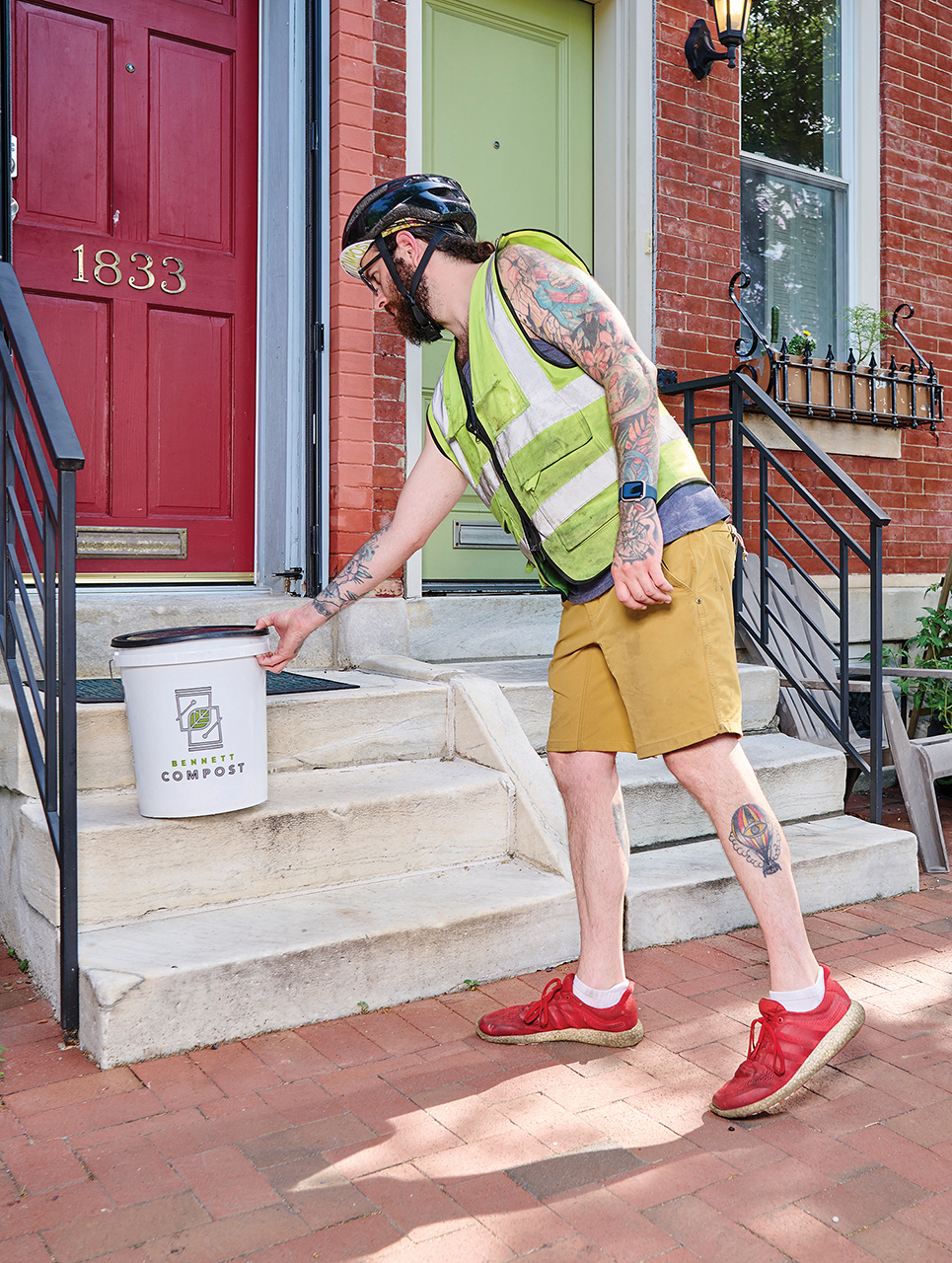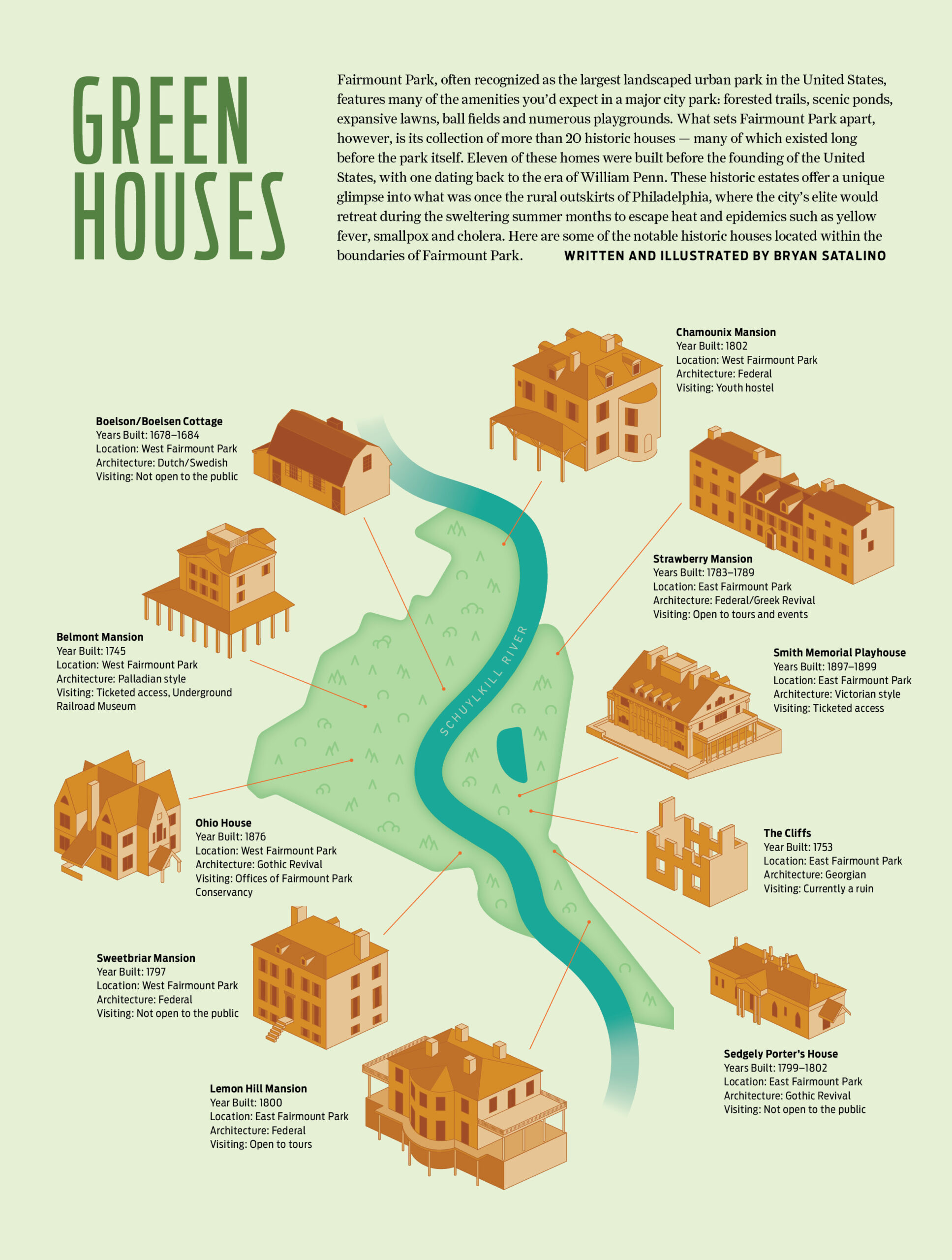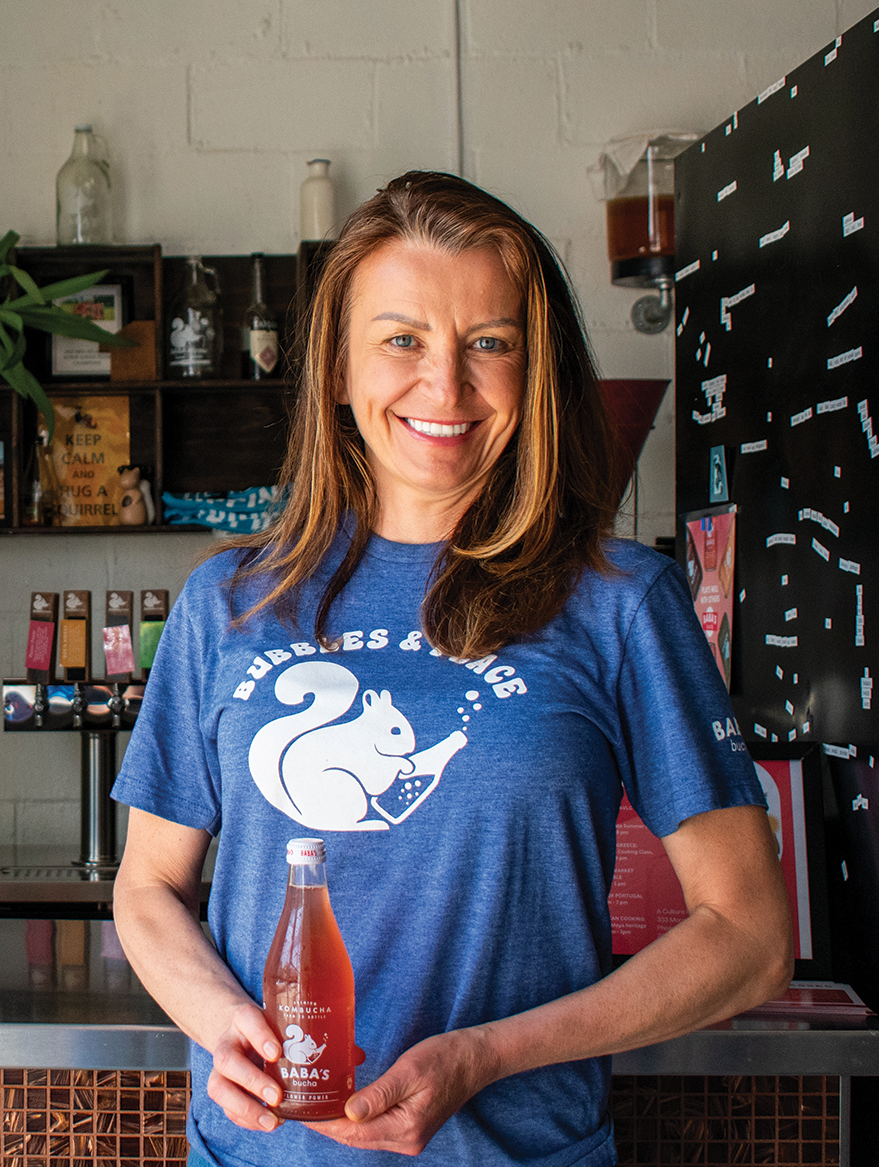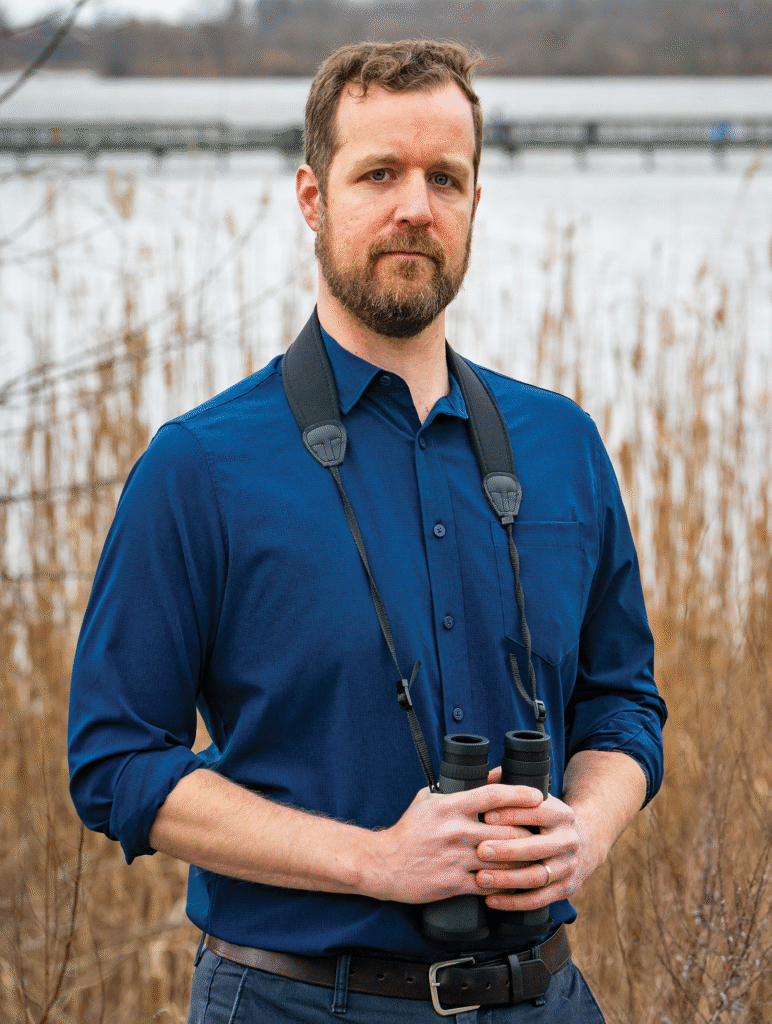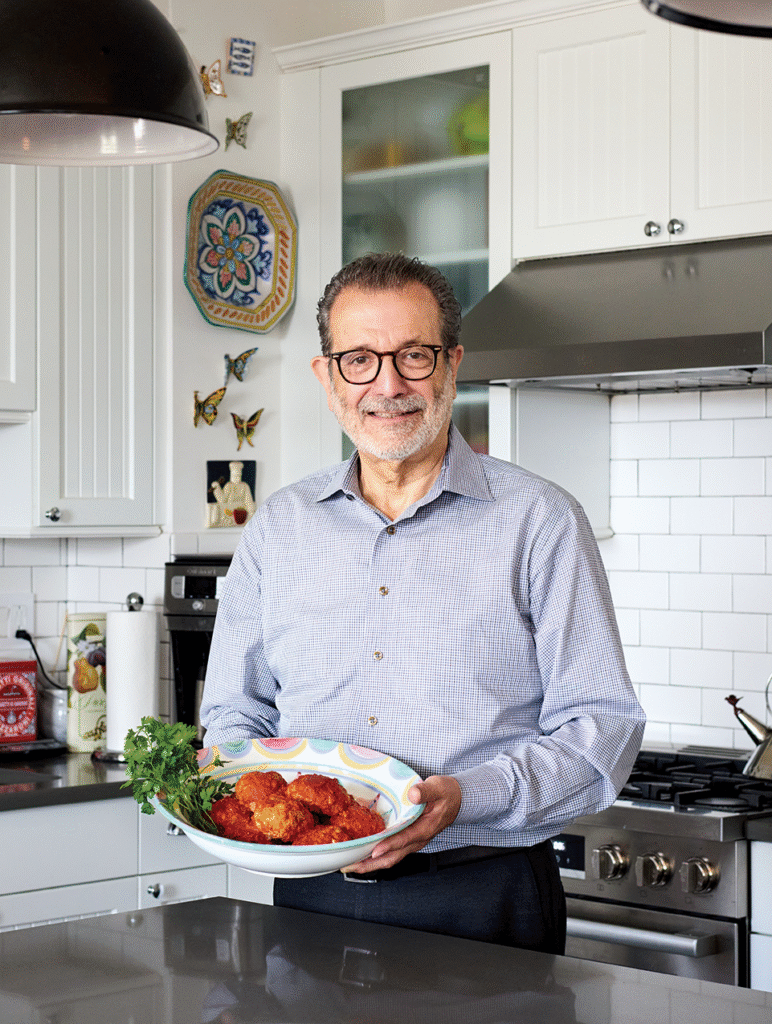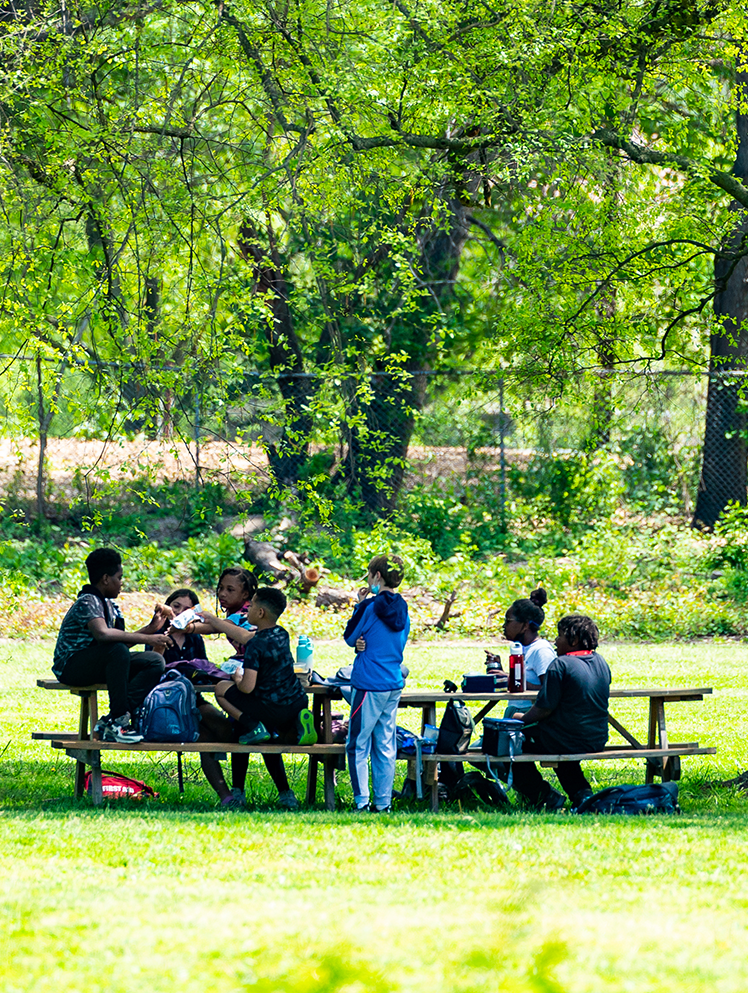My last three columns have focused on ways that Philadelphia could launch or expand food scrap drop-off programs. And drop-off programs are the place to start. They build awareness, provide an option for motivated citizens who can’t afford private collection services, and they have relatively low operation costs. But when I saw that Washington, D.C., solicited proposals earlier this spring to expand its curbside pilot program from 9,000 households to 60,000 households by 2030, I couldn’t help but wonder: What would it take for Philly to do curbside composting?
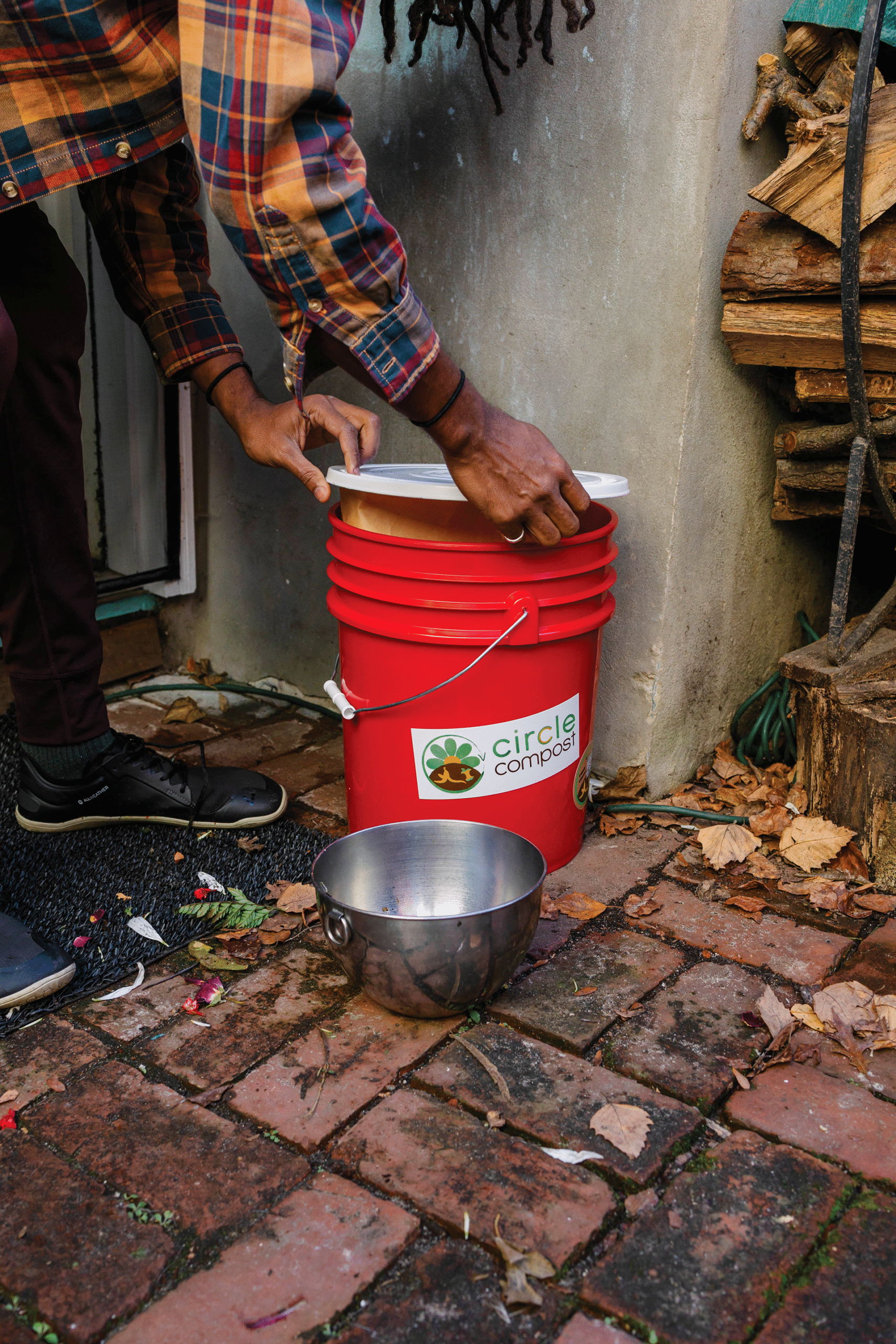
When you bring up curbside composting in Philly, people immediately tell you it’s not possible. Maurice M. Sampson II, the City’s first recycling director, called a citywide composting program a pipe dream in an article in last month’s Grid (#192, May 2025). He’s not wrong. The Department of Sanitation has said it does not currently have the fleet capacity to add a third set of collection routes. And there isn’t enough infrastructure in the region to compost all of the material that would be collected. So, most people throw up their hands and say, “Can’t happen here.”
The problem with this thinking is that it is all or nothing. While Philly can’t launch a citywide curbside composting program today, it could launch a pilot program similar to the one in D.C. This would allow the City to start to learn what works and what doesn’t on a smaller (but still significant) scale in preparation for future citywide programs.
This would be a big swing for Philly. But that doesn’t mean we shouldn’t take a hard look at it.
A Philly curbside composting pilot should be a public-private partnership, similar to the D.C. one, involving private companies providing the curbside collection under direction from the City. This has two distinct advantages. First, as mentioned earlier, the City doesn’t have the additional fleet capacity to run the pilot. Second, partnering with private companies would allow the City to test out the program without committing to the upfront expenses of purchasing additional trucks and hiring additional staff. The pilot should be opt-in, meaning that interested residents would have to sign up for the program. The pilot should launch citywide, with a set number of households per City Council district, ensuring the program is equally available to interested residents. The pilot could be fully or partially subsidized. A fully-subsidized program would increase access, while a partially-subsidized program would cost less. The City should engage with multiple compost companies to provide the service. These companies should be responsible for providing education and outreach to residents and paid based on the number of households actually participating.
A curbside pilot of 5,000 households — the size of D.C.’s current program — could cost, depending on the level of subsidy, between $750,000 and $1.2 million per year based on the current market rate costs of household collection in Philadelphia. It could divert up to 2.6 million pounds of material from landfills. An expanded pilot of 10,000 households, which D.C. is hoping to scale to next year, would cost roughly double, not an insignificant expenditure but a fraction of the $11 million the City spent to launch twice weekly trash collection in Center City and South Philly.
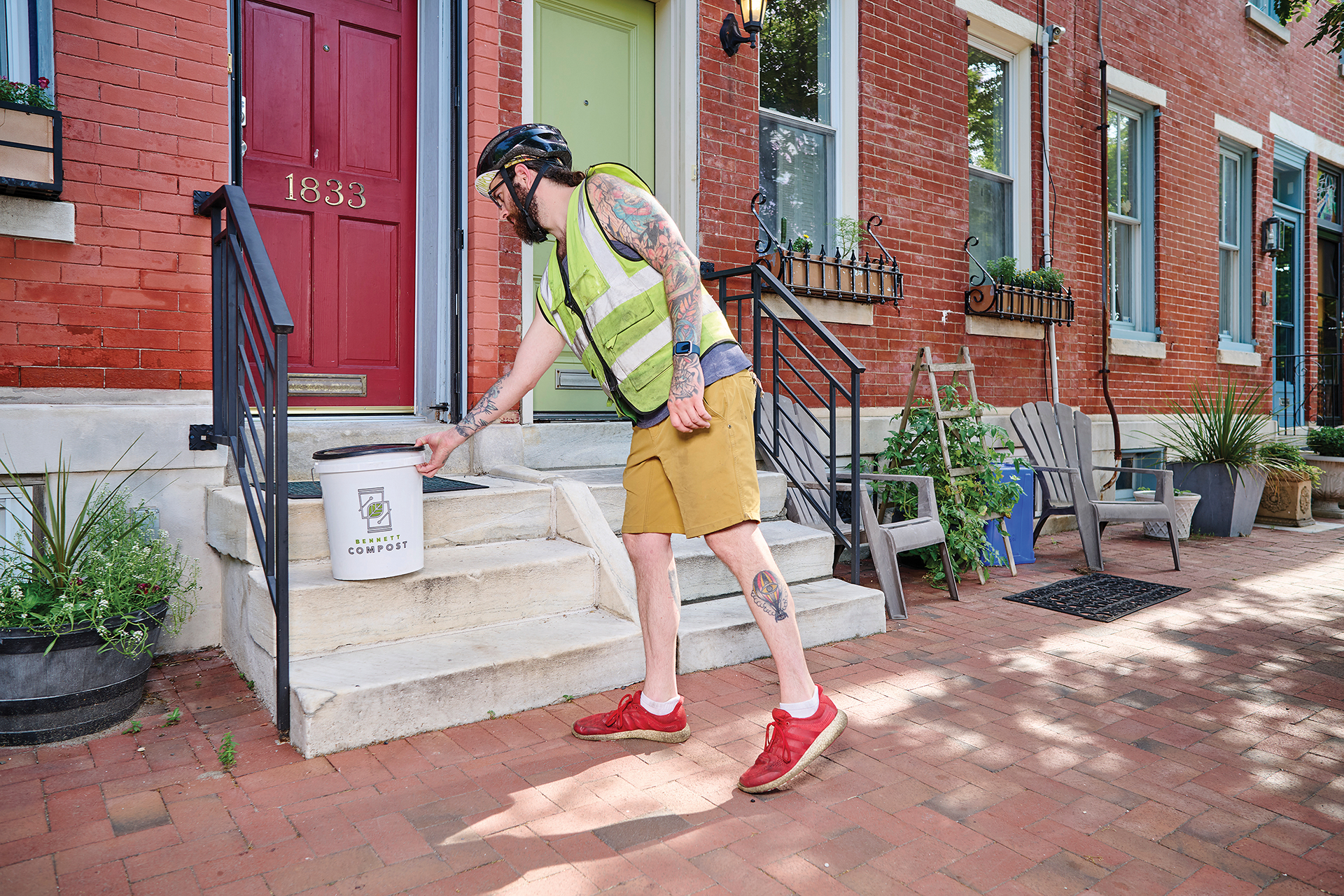
This would be a big swing for Philly. But that doesn’t mean we shouldn’t take a hard look at it. This kind of pilot would help the city to be cleaner and greener, two of the mayor’s stated priorities. If we want to get to curbside composting citywide, we have to start with a pilot. Let’s do this, Philly!
Tim Bennett is the founder of Bennett Compost. Alex Mulcahy, publisher of Grid, is also a partner.


